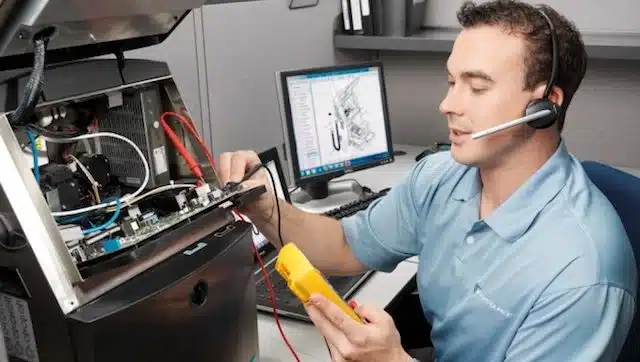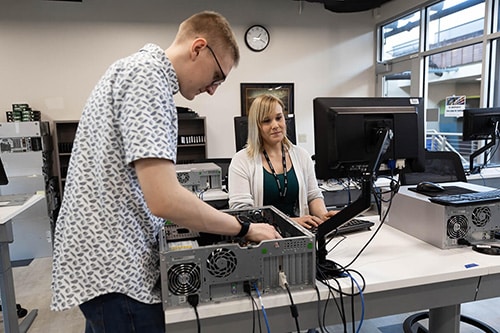IT jobs are currently in high demand, so if you’re between the ages of 35 and 40, it’s never too late to start working in technology. All you need is the will to succeed. The real kicker is that certain careers in IT do not need any kind of specialized training at all, which is especially helpful for those who are not naturally great with mathematics. With these as a foundation, you may confidently go into the business.
1. QA engineer

A quality assurance (QA) engineer or software tester is responsible for finding and fixing bugs in programs. Time to market is a measure of how quickly a technology can be brought to market. Thus, it makes sense that the sooner defects are found and corrected, the better. A grasp of the software design process is required, although formal training or a degree in IT is not.
It’s important that you understand how testing is carried out, have a firm grasp on testing design as well as reporting, and are competent in using the TMS system. It’s not hard to figure out how to use this, despite how amazing it sounds. Competence in the English language is essential.
In comparison to programmers, testers don’t get nearly as much respect or pay in their early careers. Nevertheless, this is an opportunity to develop the personality and skillset necessary for a future leadership position.
2. Associate Support Specialist
After all these years, technical support expert employment in IT still doesn’t call for any advanced preparation in areas like mathematics. If you’re interested, you may advance to the position of the associate system administrator in only a year or two. When a major company advertises for an IT intern, what they really mean is someone to fill the role of “Technical assistance professional/junior system administrator,” but on a part-time basis.
This is how many present-day IT managers got their start. An associate system administrator usually starts their careers in the initial and secondary lines of technical assistance, where they may acquire expertise while also developing their ability to deal with pressure.
Naturally, there is a base level of expertise required for system administrators to do their jobs well. Database fundamentals, OS design concepts, an appreciation for software’s interaction with equipment, networking fundamentals, some coding experience, and familiarity with TCP/IP, Unix, and Windows can suffice for grads of specialist colleges.



